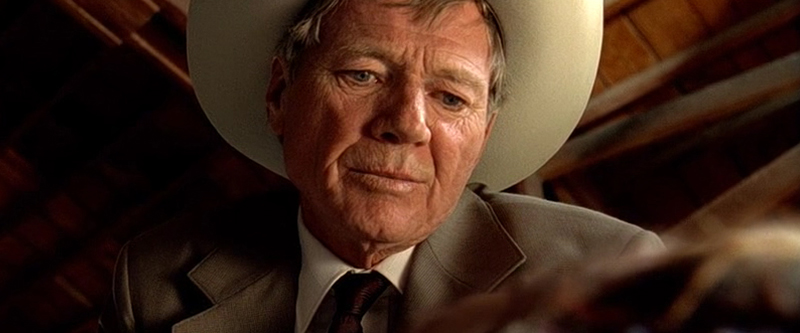“People have a right to their own opinions about what happened, but they don’t have a right to their own facts.”
This is something Roman Polanski’s lawyer, Douglas Dalton, says
early in the documentary Roman Polanski:
Wanted and Desired. It’s a perfectly stated quote about how people tend to
forget that opinions and facts are indeed separate things. The fact is, only
two people really know what happened on the afternoon of March 11, 1977 in Jack
Nicholson’s Beverly Hills home. It was in that home, on that day, that famed
director Roman Polanski was photographing 13-year-old Samantha Geimer for
French Vogue magazine (Nicholson was out of town). From there, a shared fact
ceases to exist. Polanski says the two eventually drank champagne, took a Quaalude
and had consensual sex. But, according to Geimer, the drugs and sex were both
forced on her.















